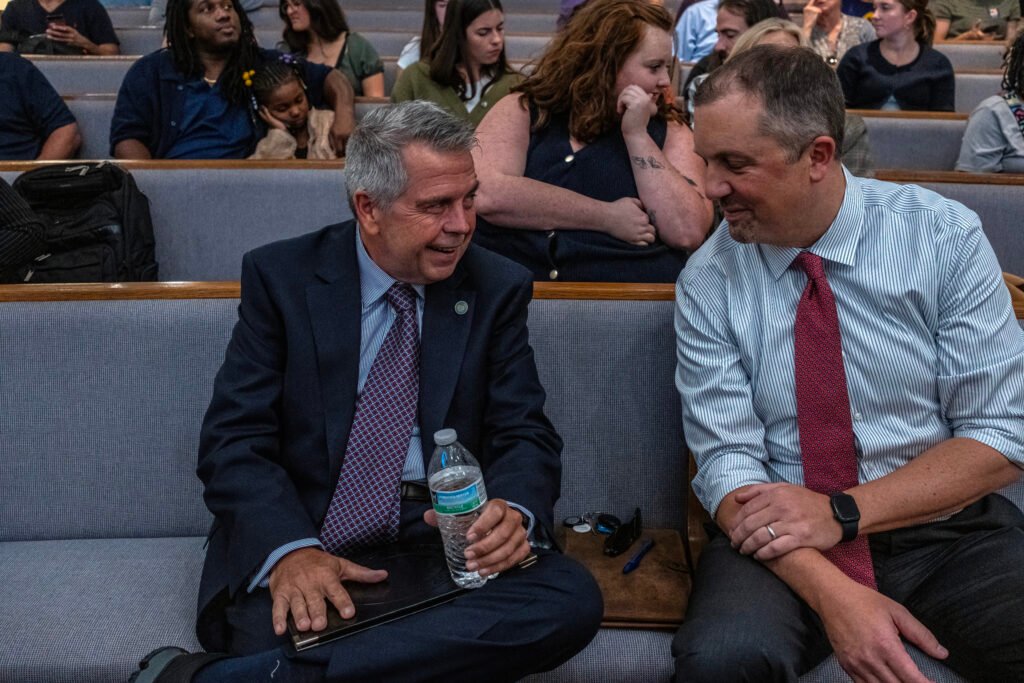Bessemer City Council Approves Data Center Development
The Bessemer City Council unanimously voted 6-0 on Monday evening to greenlight a rezoning ordinance that paves the way for an extensive data center project, known as Project Marvel, along Rock Mountain Lake Road and for future developments of a similar nature.
This ordinance modifies Bessemer’s zoning regulations, designating “data center” as a permitted activity within I-1 Light Industrial zoning and reclassifying certain parcels from A-1 Agriculture to I-1. City officials believe this change refreshes Bessemer’s zoning framework, making it more appealing for high-tech investments and positioning the city for future industrial expansion.
Proponents of the ordinance contend that the construction of the proposed $14.9 billion data center could lead to the generation of hundreds of millions in tax revenue, create over 300 new tech jobs, and foster overall growth in Bessemer.
The council shared their support on Facebook, expressing a collective belief in the advantages of the project.
“The Bessemer City Council reaffirms its full support for the proposed data center project and recognizes its significant potential to benefit the City of Bessemer, its citizens, and the entire state of Alabama,” the post stated. “This project presents one of the most significant economic opportunities we’ve seen in years, and we are committed to pursuing it with transparency, public engagement, and thorough consideration.”
Mayor Kenneth Ghaly noted that the project symbolizes a major investment in both Bessemer and Alabama as a whole. He mentioned that the previous step of sending the rezoning request back to the Planning and Zoning Commission ensured that all details were attended to, strengthening the foundation for the project going forward.
This decision came after several months of organized pushback from residents of McCalla and the Rock Mountain Lake area. Many expressed concerns that the development would alter the neighborhood’s character and put pressure on local resources. Issues raised included possible environmental impacts, insufficient water usage estimates from local water authorities, runoff into nearby rivers, and noise concerns.
Some residents also voiced dissatisfaction with what they described as a lack of notarization and limited transparency during earlier assessments. City officials signed a non-disclosure agreement that encompassed a business plan and confidential information. Advocacy groups, like the Alabama River Alliance, are now urging more thorough environmental and infrastructure studies prior to full approval.
The council had postponed the vote in August to address these issues and subsequently sent the proposal back to the Planning and Zoning Commission in September.
With the rezoning now approved, development can proceed, and the council’s 6-0 vote underscores solid support for the project.
The City Council held a public hearing on Project Marvel for community input on November 18.







